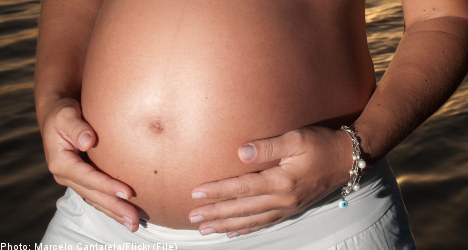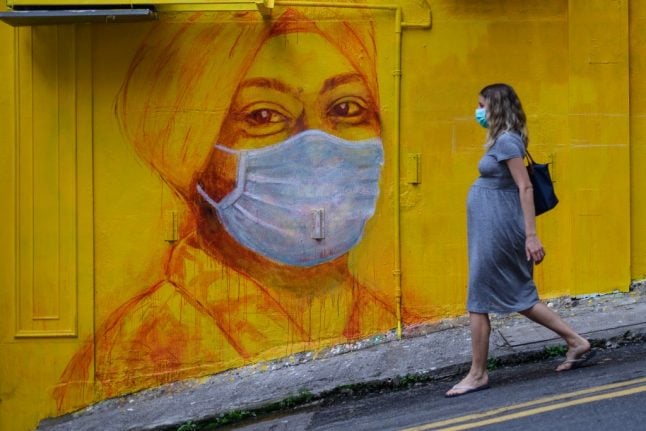The apps explain how the movements of a foetus decrease in the final weeks of pregnancy, information which worries Spädbarnsfonden, an organisation dedicated to promoting infant health.
“It’s very serious that these companies are spreading myths that can be a threat to the child’s life,” Ingela Rådestad, head of Spädbarnsfonden said in a statement.
One of the apps, distributed by Babygruppen, says that, in the 38th week, “The child will move less now” and during week 39 it states: “the child moves more slowly now and you may not feel it in the same way”.
Diaper manufacturer Libero’s app says during the 39th week that “at this time, things tend to calm down in your belly. It’s not only crowded, the child sleeps more because it takes more energy to grow and develop. Besides, the child is saving energy for the coming birth.”
“The myth about foetal movements means that those who feel reduced movements think its normal, and in the worst case results in people waiting to seek care or not seeking at all,” said Rådestad.
Babygruppen pulled its app in response to the criticism, saying it would release a new version with updated information regarding foetal movements.
Libero’s app remains available, but spokesperson Linus Clausen told the Göteborgs-Posten (GP) that the company takes Spädbarnsfonden’s concerns seriously.
“We have a midwife who has gone through the contents. I don’t want to comment on the content because I’m not a midwife, but if something is called into question, we’ll make sure to check that all the facts are correct,” he told the newspaper.



 Please whitelist us to continue reading.
Please whitelist us to continue reading.
Member comments